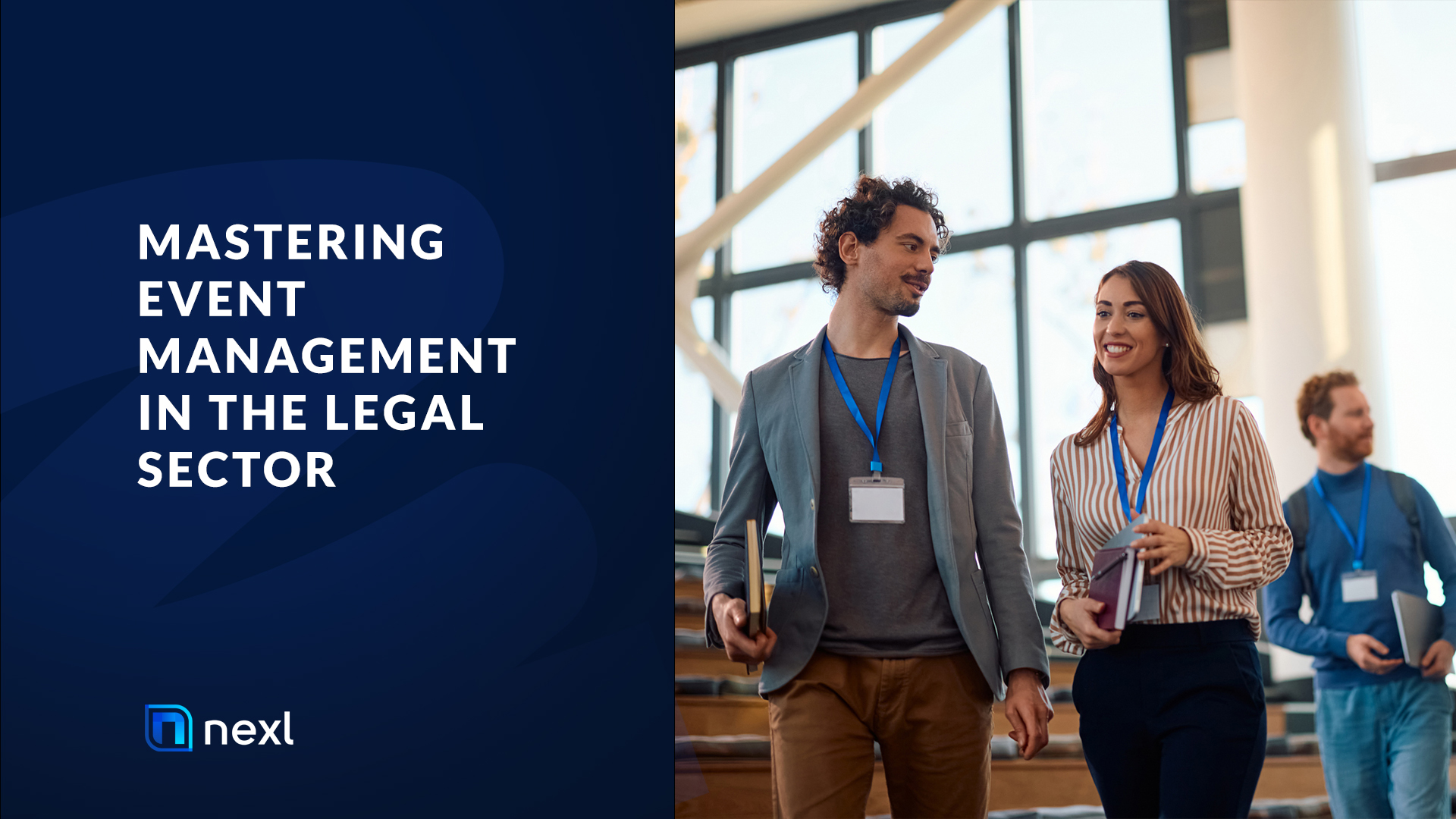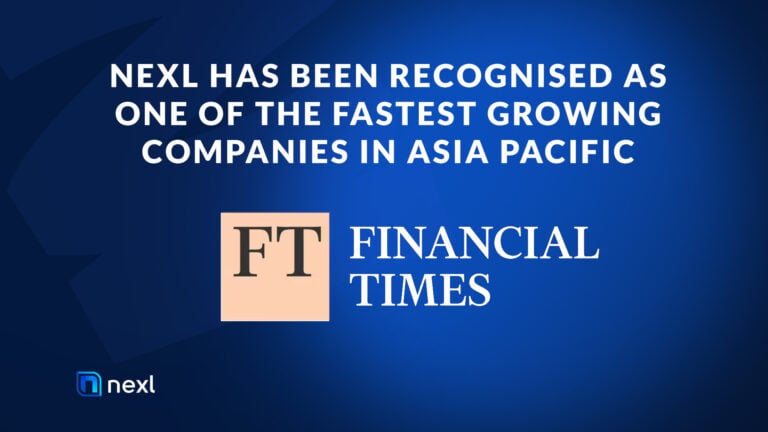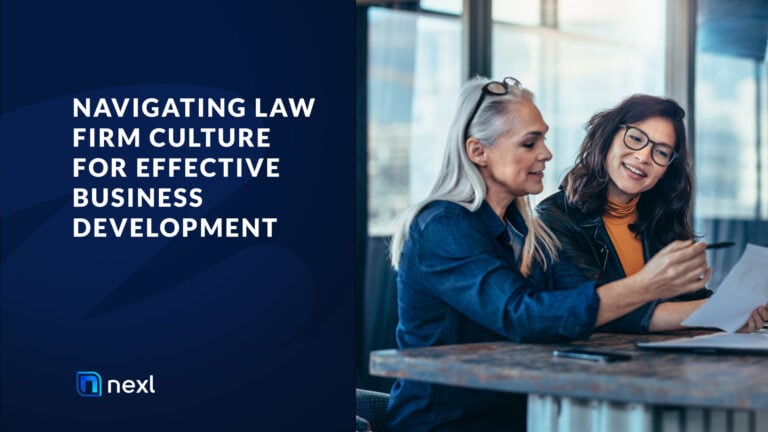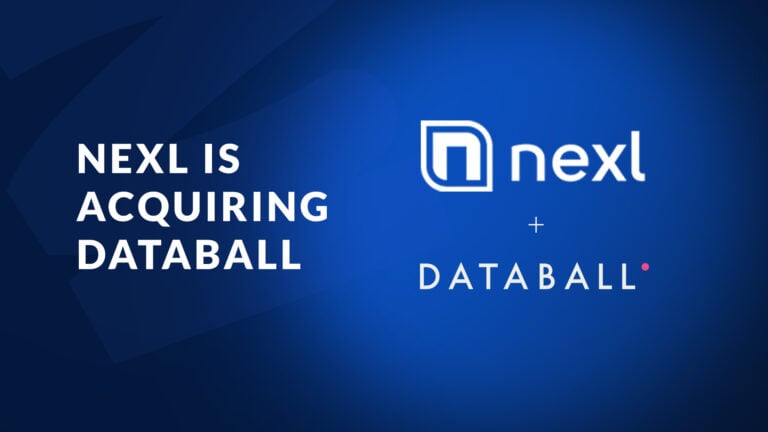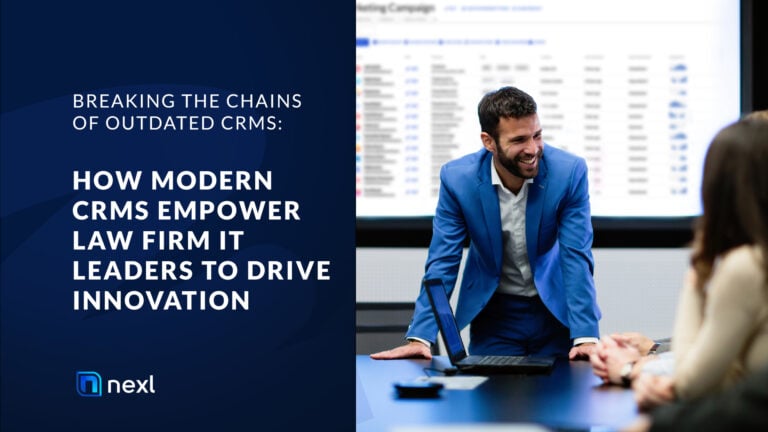The Role of Technology in Legal Events
Legal event management has evolved. Once relying on Excel spreadsheets, paper tickets, and hours of manual labor, technology has transformed how organizers plan, execute, and evaluate legal events. From online event registration platforms to attendee management solutions, event planning software allows planners to offer memorable and profitable experiences without getting buried in the logistics.
These events, ranging from small networking events to large-scale international conferences, provide lawyers with opportunities to network with peers, partners, and potential clients. However, even with technology, these complex events do not organize themselves and are not guaranteed to be successful. A dedicated event management team is critical to defining goals, targeting the right audience, staying on budget, and meeting event objectives.

“It’s not so difficult to get people in the room; it’s much more challenging to make sure that you stay top of mind after the event. To do this, you must have a thorough follow-up process in place to turn potential prospects into actual clients.”
– Barbara Koenen-Geerdink, Professional Services Consultant at Nexl
Event Management in the Legal World
Event management in the legal industry involves organizing occasions where legal professionals gather to share knowledge, entertain clients, and engage in networking opportunities. Some common types of legal events include:
- Conferences and summits: Large-scale events that bring together legal professionals, policymakers, and thought leaders within the industry to discuss trends, legislative actions, and best practices.
- Seminars and workshops: Educational sessions typically focusing on specific legal topics such as compliance, ethics, intellectual property law, emerging legal technologies, and more.
- Networking events: “Socials” for attorneys, corporate counsel, judges, and other legal professionals designed to help them build relationships and discuss potential opportunities for collaboration.
- International events. The International Bar Association (IBA) Annual Conference and other global events allow firms to connect, network, build relationships, and obtain international law firm referrals.
Legal events allow attendees to make new connections, obtain referrals, enhance the firm’s reputation, and increase revenue. But before this can happen, event organizers must get the right people in the room.

“For me, it’s always been quality over quantity. A lot of people go by numbers. You can have a thousand people in the room—pick people off the street—and tell them they’ll get free ice cream. But that’s not going to be the people most likely to buy your services, right?”
– Lynn Tellefsen Stehle, Head of Client Collaboration at Nexl
IBA Events Promote International Dialogue
WFor many firms, a significant portion of their revenue comes from international law firm referrals. Law firms looking to expand their reach to other countries where they don’t have a local presence will tap into their network to make contact with partners they’ve met at conferences like the IBA Annual Conference.
Like smaller legal events, international conferences provide opportunities to network, collaborate, build relationships, make connections, and win referrals. IBA events are organized by lawyers for lawyers. However, when business development and marketing teams inject technology into the process, planning and organizing can be more efficient and streamlined.

“Event management acts as a ‘first port of call’ for the vast majority of lawyers who want to establish relationships in a way that makes sense. Law firm events have dramatically increased in number and complexity, and now almost everybody does events. It’s become a very saturated strategy to build relationships, and almost every law firm is trying to get potential clients to come to their specific events. How you stand out is really a function of execution and data.”
– Ben Chiriboga, Chief Growth Officer at Nexl
Challenges in Legal Event Management
After a period dominated by online and hybrid gatherings, in-person events are making a comeback. However, event organizers face certain challenges, including rising costs, competition from virtual events, and the need to adapt to changing attendee expectations. Legal event management comes with unique challenges that require careful planning and attention to detail. Here are some common obstacles:
- Approaching the right people: It’s essential to reach out to people who are interested in similar topics. Relying on data to formulate personalized approaches can be key.
- Compliance with data privacy restrictions: Planners must comply with professional conduct rules, evolving data privacy laws, and jurisdictional restraints.
- Speaker selection: High-profile speakers like judges, senior lawyers, and government officials often require special considerations such as additional security, protocol, and well-defined schedules.
- Ethical considerations: Handling sensitive discussions or controversial legal topics may require care risk management procedures.
After-event engagement: Following up with attendees is critical to nurture and build long-term relationships.

“Segmentation—making sure that you approach the right people with the right sort of topics—can be a challenge. Mass mailing lists that you would acquire somewhere just don’t fly. A direct approach from me to you, like an initial outreach on LinkedIn, definitely helps. Personalizing it with names —’Dear Barbara’ instead of ‘Good Afternoon’—can be effective. I’ve advised many of our partners to start doing that and they’ve seen more success because of it.”
– Barbara Koenen-Geerdink, Professional Services Consultant at Nexl
Efficient event management extends beyond the event day itself. It demands thorough planning before the event and detailed analysis after. Technology can help event organizers meet all law firms’ specific needs and goals more efficiently.
What Role Does Technology Play in Legal Event Planning?
Technology plays a critical role in legal event planning. While inviting your entire database to an event might sound reasonable, this strategy often results in low turnout because a particular topic won’t resonate with everyone on the list. Modern event management relies on technology capable of adapting and optimizing based on real-time data. By harnessing attendee data, organizers continuously enhance their events, ensure relevance, and deliver a personalized experience for each participant.

“Technology gives us the ability to make sure we have quality people in the room. These systems enable us to reach out to a smaller group of people that are more likely to engage with our content.”
– Barbara Koenen-Geerdink, Professional Services Consultant at Nexl
Here are some tech tools commonly used to organize successful legal events:
- Online registration and marketing platforms: These tools offer customizable registration forms and event marketing tools that help provide a streamlined pre-event experience.
- Onsite check-in: Tools utilizing QR codes that simplify check-in and ensure that attendance data generated is accurate.
- Attendee management systems: These platforms have features that efficiently track and communicate with registrants before the event.
- Post-event solutions: These integrated platforms eliminate the need for manual data transfer to save time and reduce errors.
- Analytics and reporting tools: These platforms provide valuable post-event analytics and insights into attendance, engagement, and other critical metrics.
- Feedback and evaluation platforms: These systems allow firms to collect post-event feedback and tools to evaluate the success of events.
- Audience segmentation technology: Segmentation tools divide the market into smaller, specific groups based on certain criteria for a more personalized outreach that can boost attendance and develop “touch points” to form relationships.

“Building the relationship is all about creating different touch points. An event is one touch point, but many more can be created. Sending the invite. Sending reminders. Getting people at the event. Speaking to them during the event. Sending a thank you email afterward. Technology can make it easier to stay on top of mind. However, none of these touch points should be system generated—they should be personalized messages from people with whom they have previously interacted.”
– Ben Chiriboga, Chief Growth Officer at Nexl
Technology has revolutionized legal event planning and execution, making events more efficient, engaging, and beneficial. Whether through AI-powered networking, virtual event platforms, or real-time analytics, event management technology enhances every aspect of legal event execution. These platforms help create the touch points needed to engage event attendees and turn them into clients and referral sources. Event management is essentially a “people process” made dramatically more manageable and successful when supported by technology.



